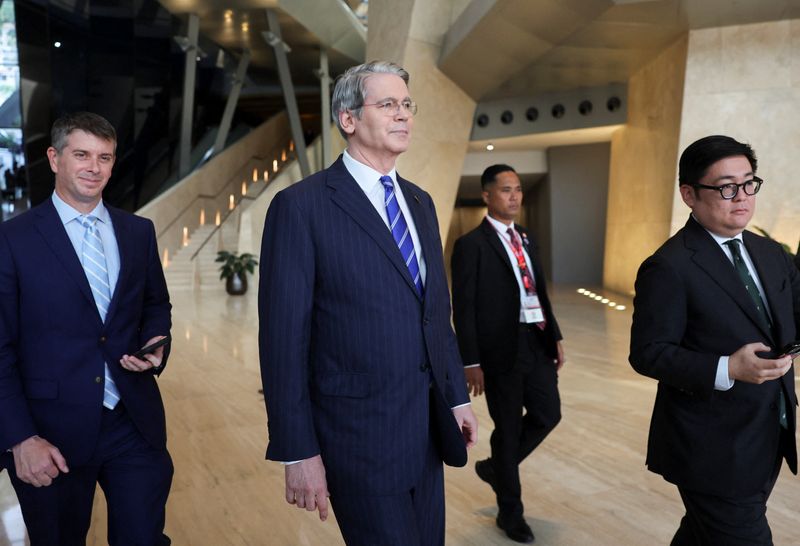Daniel Yergin on What Happened to the Energy Transition
NeutralFinancial Markets

In a recent discussion, Daniel Yergin explores the current state of the energy transition and why the concept of Net Zero seems to have faded from public discourse. This matters because understanding the dynamics of energy policy is crucial for addressing climate change and shaping future energy strategies.
— Curated by the World Pulse Now AI Editorial System





